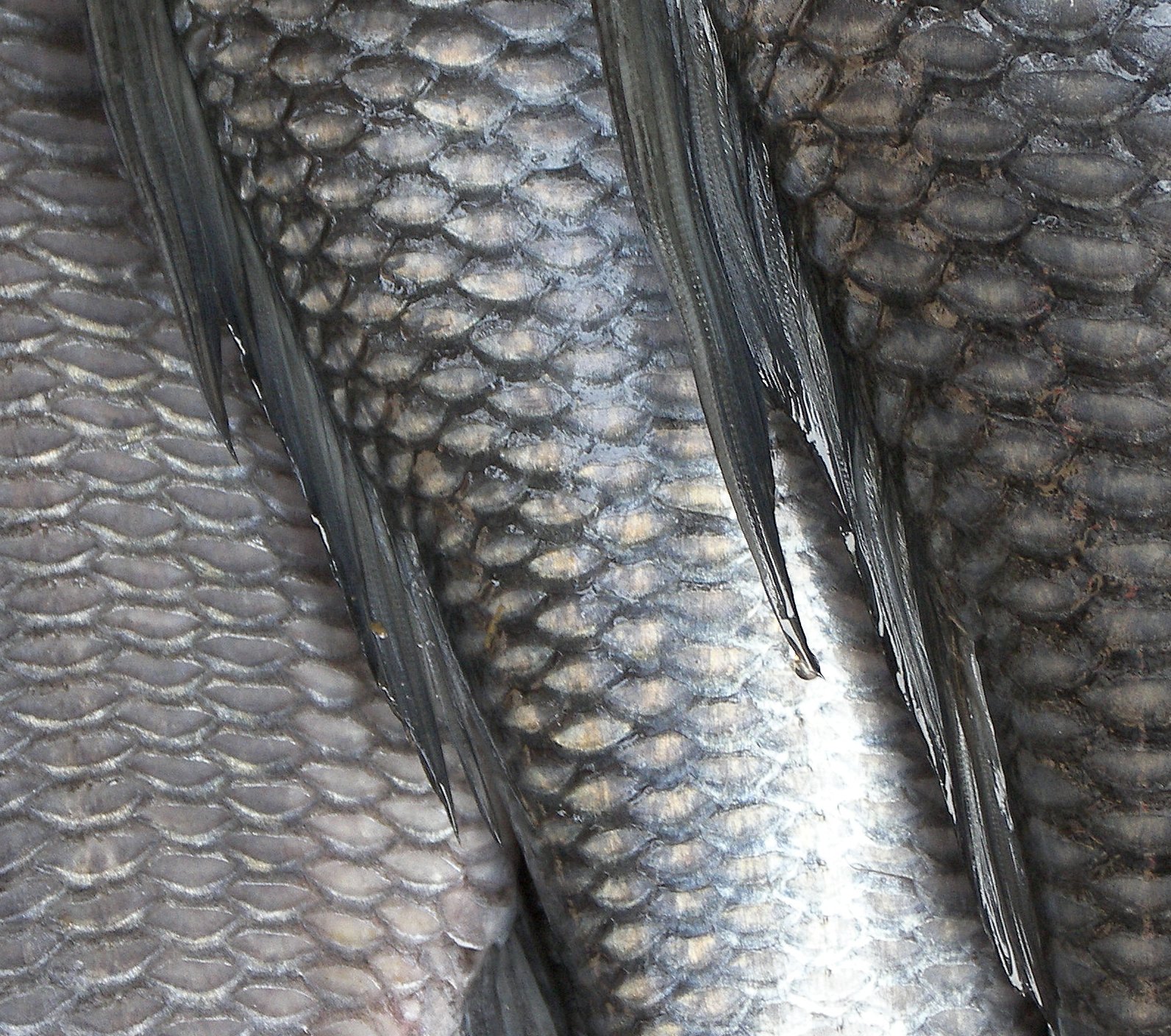We hear a lot about good fats and bad fats, and it can all get a bit confusing. Now researchers in the US have studied the effects off the ratio of different fats in humans, and their effects on gene activity.
 Over the past century, we've seen significant changes in our Western diet, including a shift in the ratio of certain fats, as omega 6 and omega 3 fatty acids. Omega 6 fats are usually found in meat and vegetable oils, while omega 3 come from flax and fish oils. Many researchers have suggested that this shift in fat ratios is contributing to bad effects on human health, including inflammation, which is a key player in autoimmune diseases and allergies, and even conditions such as diabetes and arthritis.
Over the past century, we've seen significant changes in our Western diet, including a shift in the ratio of certain fats, as omega 6 and omega 3 fatty acids. Omega 6 fats are usually found in meat and vegetable oils, while omega 3 come from flax and fish oils. Many researchers have suggested that this shift in fat ratios is contributing to bad effects on human health, including inflammation, which is a key player in autoimmune diseases and allergies, and even conditions such as diabetes and arthritis.
Now researchers led by Floyd Chilton, writing in the Journal of Biological Chemistry, have carried out a study using human volunteers on a controlled diet, to try and understand how changes in this fat ratio might affect our bodies.
Evidence from history suggests that our ancestors lived on a 2 to 1 ratio of omega 6 to omega 3 fats, but in recent years our Western diet has a ratio of around 10 to 1. The researchers took 27 healthy volunteers, and fed them on a controlled diet containing a 2 to 1 ratio of omega 6 to omega 3 fats, then measured the activity of certain genes and markers of inflammation and immune actitivity. The team found a significant drop in the levels of important molecules involved in inflammation, including an important inflammation protein called PI3K, which plays a crucial early role in inflammation.
Although this is only a very small study, and much more work needs to be done, the results are a tantalising suggestion of how the ratio of fats we eat could be affecting our gene activity, and increasing our risk of inflammation and other diseases. So watch this space.
- Previous The oldest known leper
- Next Freeze on oil









Comments
Add a comment